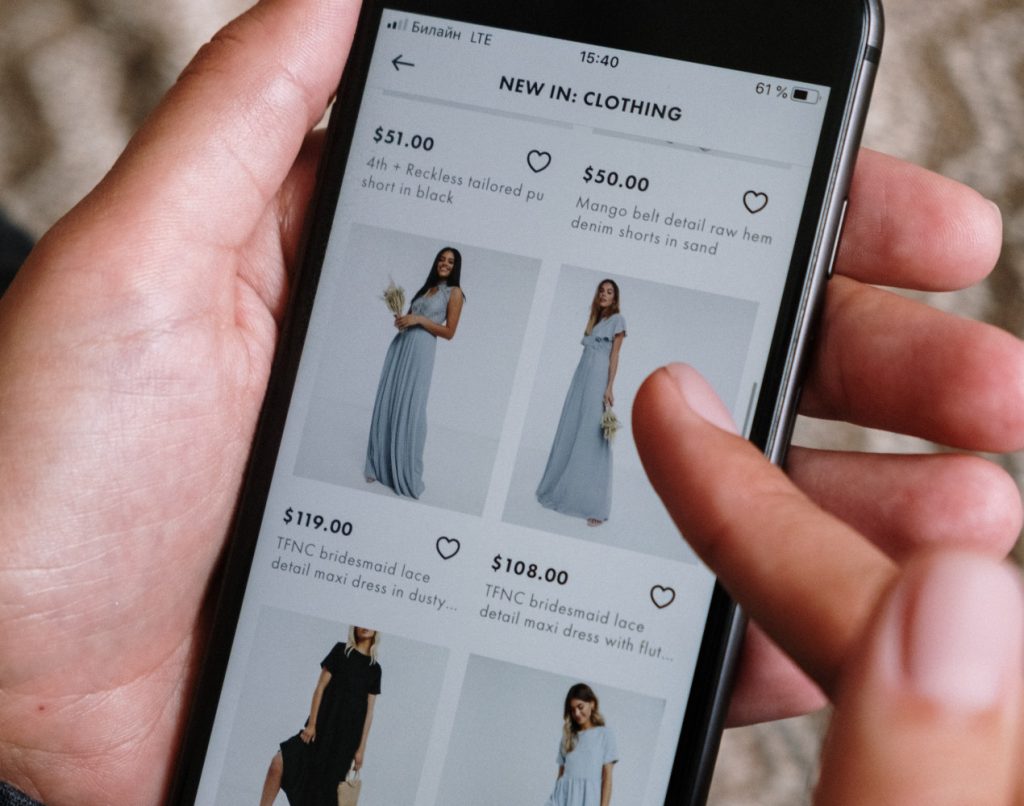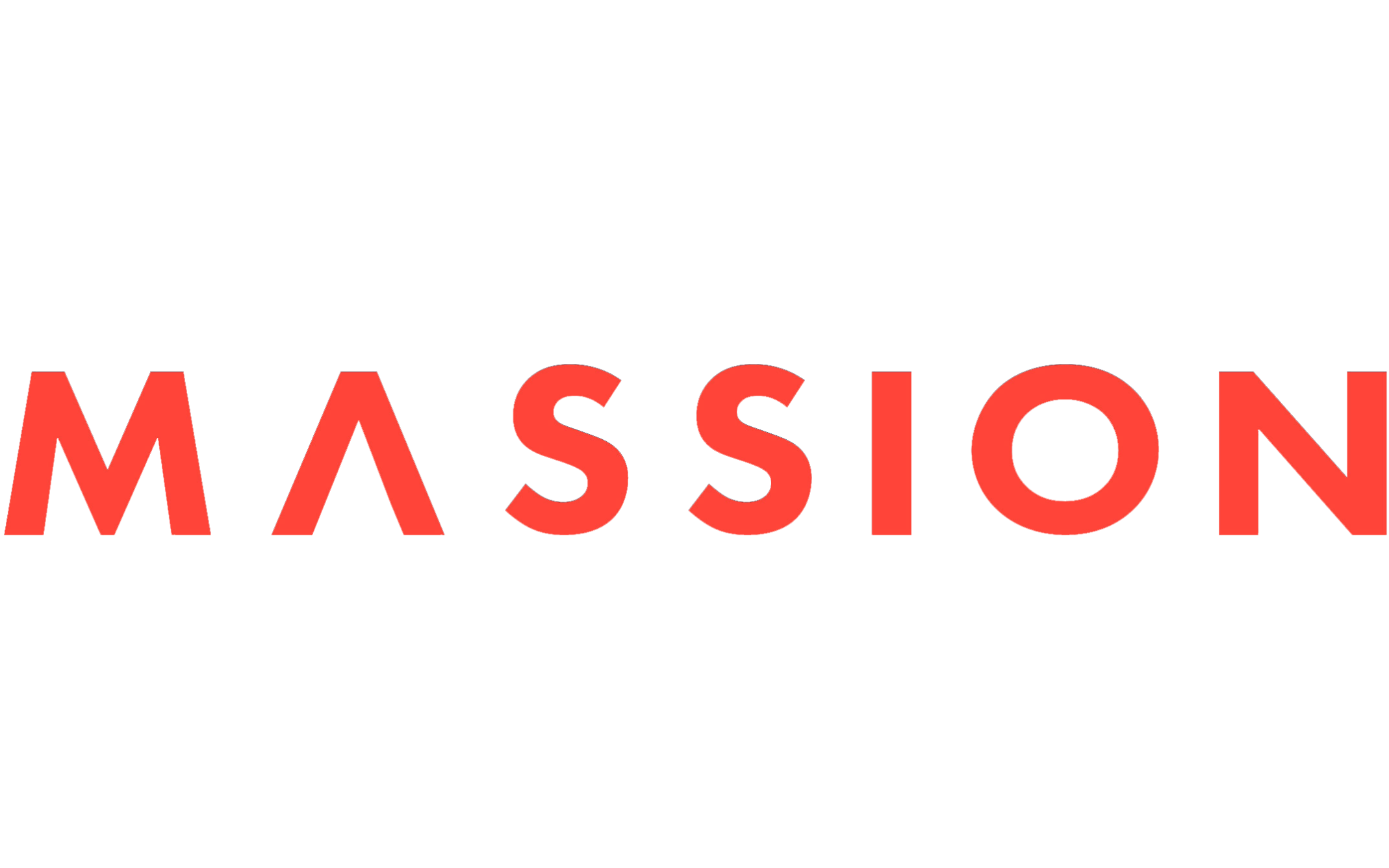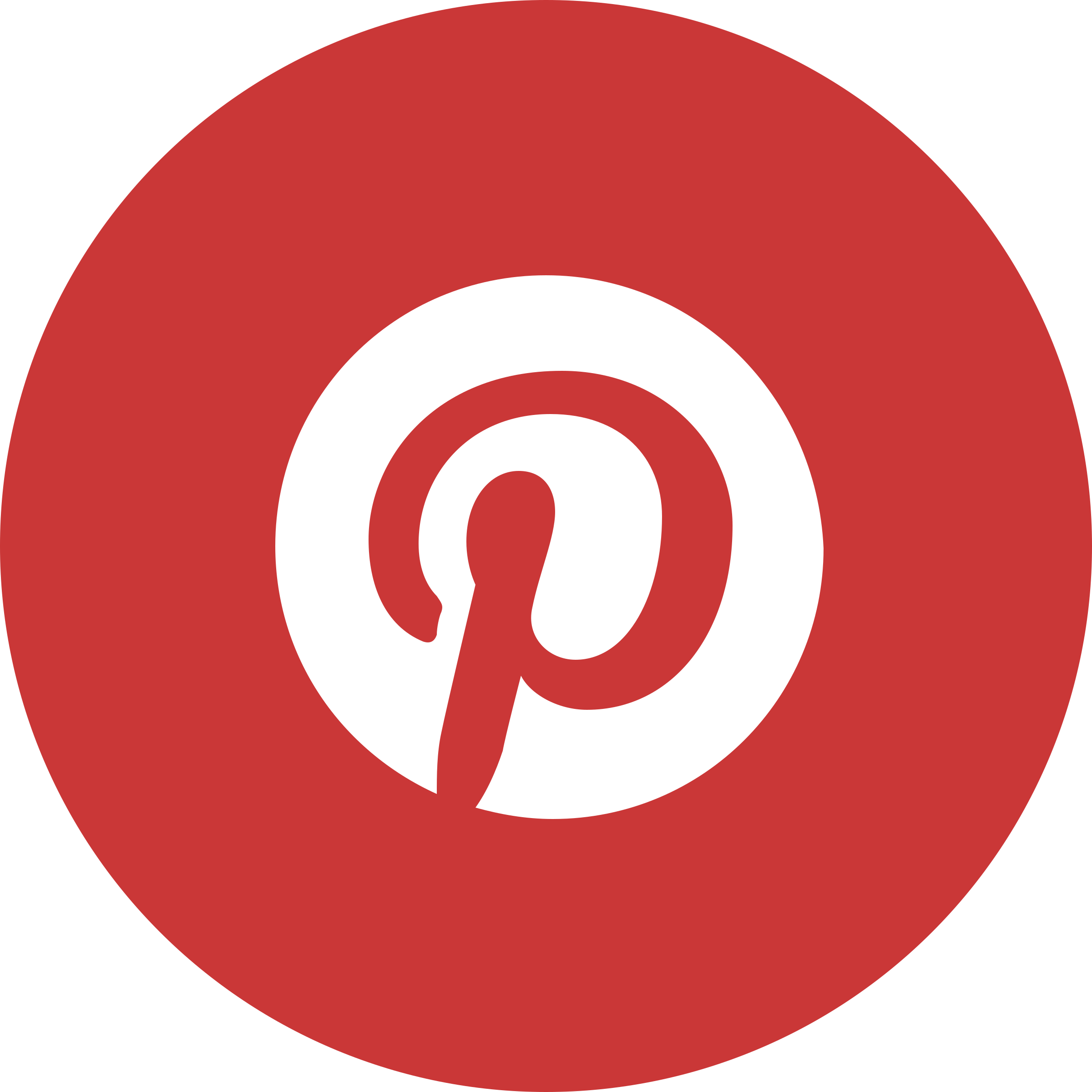It was not long ago that there were two sites which were automatic to consumers, their mouses and their thumbs when in search of brands, services and products; Facebook and Google. If you needed to find it, Google. If you wanted to know what your friends and family thought about it, Facebook. This made Facebook ads and Google ads the obvious choices for businesses and agencies looking to buy advertising on social media and search engines.
As more and more businesses continue to transition marketing efforts to digital advertising and content creation each year, this digitization of even the most traditional shops and service providers has shown operators and advertisers that consumers aren’t all in one or two places online as they commonly used to be. They’re finding inspiration from social networks that best fit their personalities, viewing preferences and attention spans.
We know what you’re thinking. “You’re crazy, Facebook and Google are still some of the biggest, richest networks in the world.”
And here’s why you shouldn’t just spend your hard-earned marketing budget on Facebook ads, or Google ads, but what other social media ad alternatives you should consider also.
Facebook Ads Won’t Reach or Engage Enough Customers
When it comes to platform and algorithm changes, Facebook is becoming increasingly frustrating for users and advertisers alike.
Year after year, the algorithm that has determined which content and Facebook ads get seen by users has changed the determining factor from most likes (2009), too much promo content downranking (2015), and time spent (2016) to post reactions (likes, hearts, sad faces) and video completions (2017), conversation sparking ability on page and group posts (2018), video quality and Close Friends (2019), and machine-learning predictions (2021).
It’s no secret that as other social networks rise, such as TikTok for example, the executives at Meta switch things up on their own networks with each new wave, trying to become more like their competition, rather than one-up them. Instagram, Meta’s other baby, is very guilty of this. This has driven more and more user accounts, personal and business, toward the networks they’re trying to be like.
Additional issues for Facebook users and advertisers include:
- Low organic engagement (0.07% average engagement)
- Low paid reach (23% average reach on Facebook ads)
- Low organic reach (11.5%, down from 16%, and declining)
- Lack of reputation management control (Ex. virality of fake or overly negative posts or reviews)
- The ad platform is time-consuming expensive, content-rotating expensive and fiscally expensive.
- Pages becoming unpublished for various “violation” reports without notice.

Reputable Google Listings Outperform Paid Google Ads
We know, when you need to find something, you still Google it. It’s always Googling, not (as often) Yahooing, Binging or Ask Jeevesing. Major advertisers know this as well. In fact, in the third quarter of 2022 alone, businesses spent over 54 BILLION dollars on Google ads alone.
However, just because these businesses spent big dollars to run Google ads doesn’t mean you should.
The lesser-seen fact is that the average clickthrough rate of a Google ad was only approximately 2%.
Between consistent, updated Google business listings, search engine optimization and brand reputation management, Google ad spending doesn’t have to be a top priority to be seen on the social network, nor does Google have to be your top ad spend priority to succeed online.
If you’ve got a business listing on Google, you can prioritize reputation management (via free or paid non-ad tools) to increase visibility.
In layman’s terms, make reviews your Google priority. Why?
of search consumers read Google reviews
consider businesses with user-generated reviews trustworthy
- Regardless of ranking and ads, users don’t trust businesses below 4 stars.
- Review interaction increased by 50% during the pandemic, compared to before the pandemic, alerting businesses and advertisers to increased consumer sensitivity and changing behaviour patterns.

Plus, unlike on Facebook where negativity can run rampant and a reputation can remain seemingly ruined forever with comment sections ever-reminding users of a past mistake, 45% of consumers are still willing to give a business a chance if they see the business responding to negative reviews.
Plus between the two networks, Google is more proactive in removing fake and spam reviews. In 2020 alone, they took down 55 million policy-violating reviews.
Which Social Networks You Should Advertise on in 2023
Remember when we said users are gravitating to networks that cater to their personalities and viewing preferences? In a nutshell:

Video consumers are watching TikTok (no surprise there), Twitch and YouTube. Image inspo connoisseurs are flicking through Pinterest. Textual tech users are asking questions and viewing answers on the likes of Reddit, Twitter and Quora.
In 2021, social and content networks topping user growth increase charts in the US alone were:
Be that as it may, we’re not asking you to ditch your Google ad strategy or your Facebook ad strategy completely. What we’re saying is diverse digital marketing optimizes diverse funnels and customer acquisition. Given that your target audiences are likely active on numerous channels, if not all of them, paid experimentation on these social media ad alternatives is key.
At Massion Digital, not only do we create strategies that are specific to these platforms, but we also ensure that each of these channels has its own creative strategy. After all, no two networks are truly alike, especially to their users, aka your future customers.
To find out how you can best increase awareness, sign-ups or boost sales on these expectation-smashing platforms, drop us a line.





